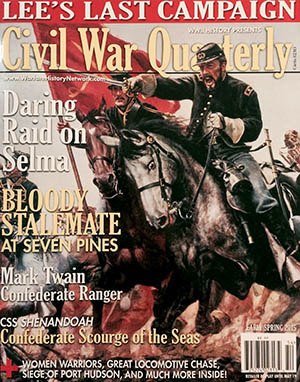
Civil War
Union General John T. Croxton’s Southern Odyssey
by Arnold BlumbergAfter escaping from Brig. Gen. William H. Jackson’s Confederate division on April 1, Union Brig. Gen. John T. Read more
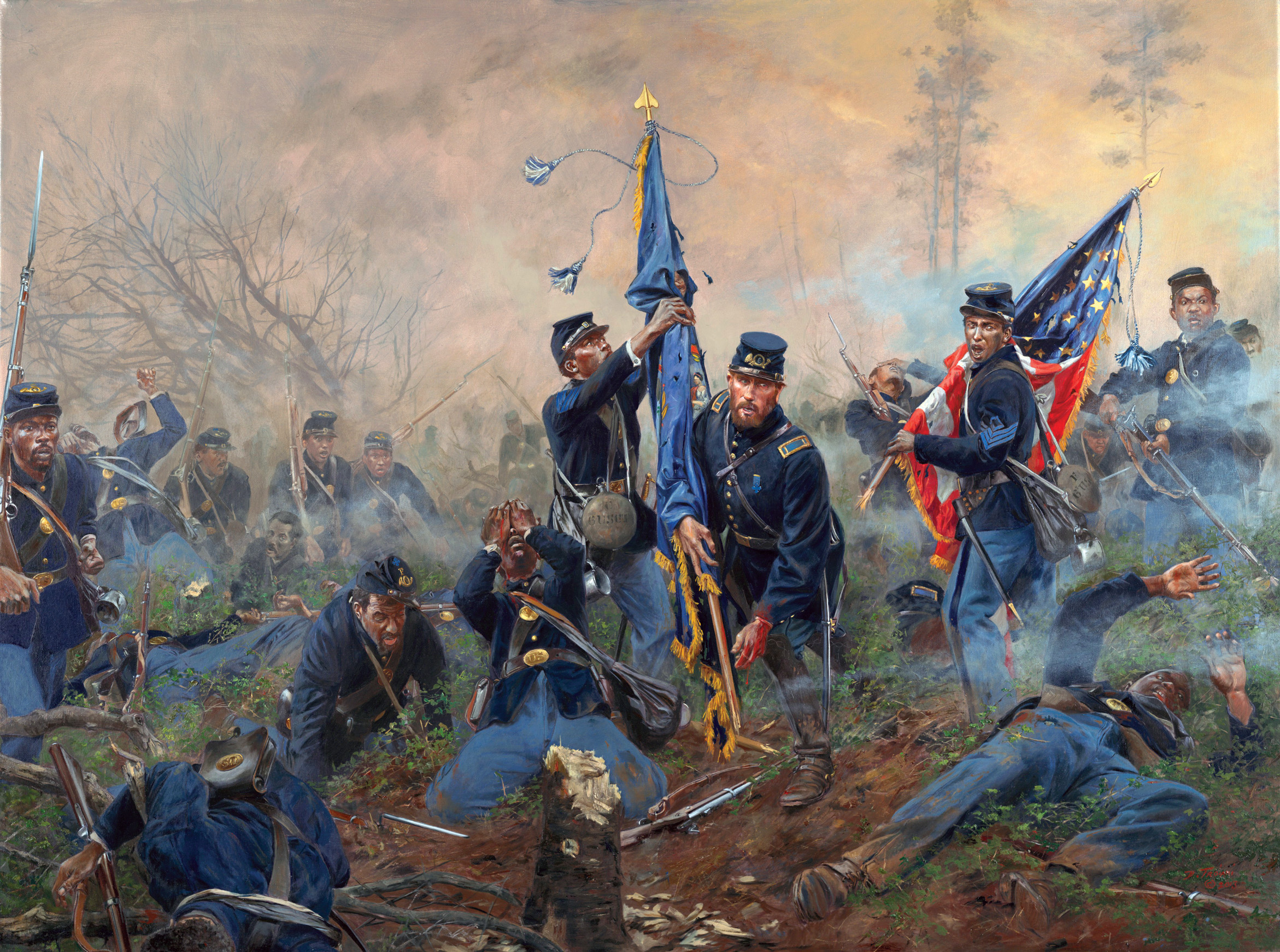

Civil War
After escaping from Brig. Gen. William H. Jackson’s Confederate division on April 1, Union Brig. Gen. John T. Read more

Civil War
The weary Union foot soldiers tramped north toward Goldsboro the morning of March 19, 1865. Foragers who had gone out at sunup reported the heavy presence of Confederate cavalry on the route of march. Read more
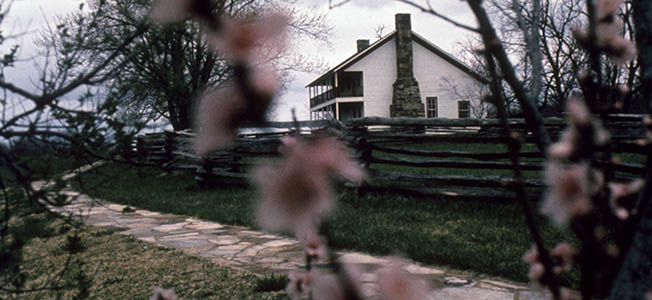
Civil War
The Rebels sensed victory over Yankees on the crisp late winter morning in northwest Arkansas. They had driven off the Union cavalry that tried to block their advance into battle and captured a battery in the process. Read more
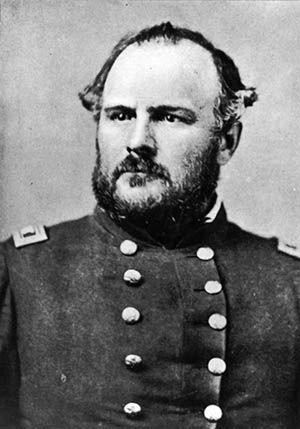
Civil War
John M. Chivington was a prominent military commander during the American Civil War in the West. Initially an ordained Methodist Minister, Chivington would abuse his position as a military commander, leading the federal government to condemn his actions as an officer of the United States Military. Read more
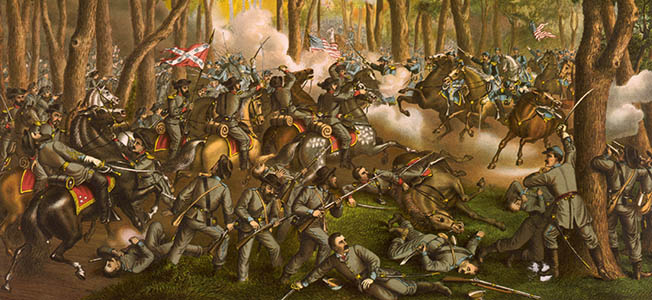
Civil War
To the rebel pickets manning the trenches in the so-called Mule Shoe of the Confederate earthworks at the Battle of Spotsylvania Courthouse the sound of hundreds of tramping feet could be heard above the steady rain on the morning of May 12, 1864. Read more
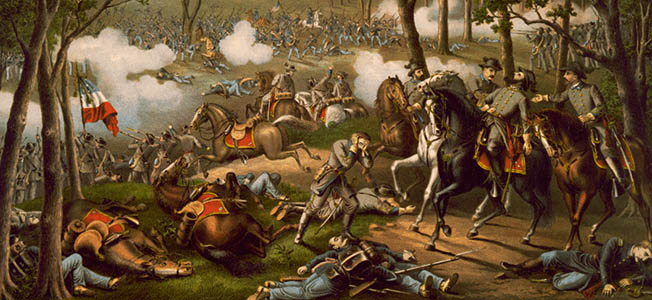
Civil War
Gray waves of infantry emerging from the dark woods on both sides of the Orange Turnpike stampeded startled Yankees on the Federal right flank on May 2, 1863. Read more

Civil War
When Mark Twain “lit out for the territory” in July 1861 from his erstwhile role as the world’s worst Confederate ranger, he joined a small but distinguished list of future American literary greats who similarly decided, as had Twain, that they were “not rightly equipped for this awful business.” Read more
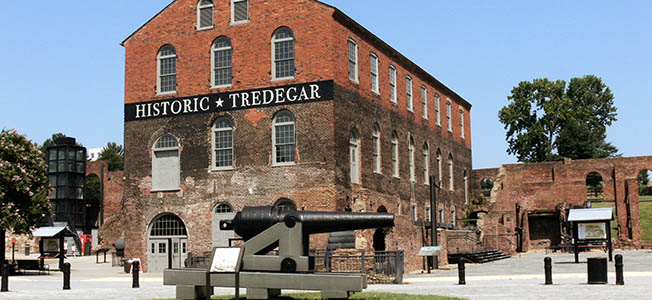
Civil War
Dawn on July 1, 1862, ushered in a hot summer day. After having assumed the offensive five days earlier, General Robert E. Read more
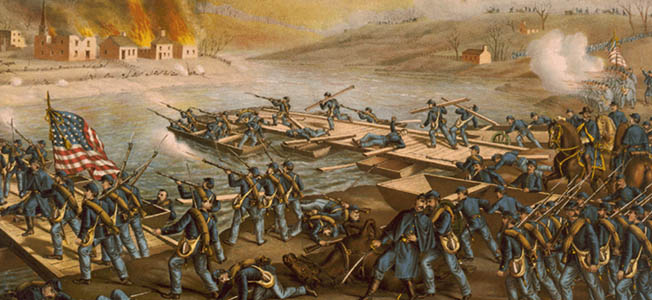
Civil War
Union Maj. Gen. Ambrose Burnside was prone to dithering. The vanguard of his 120,000-strong Union Army had arrived in Falmouth on the north bank of the Rappahannock River opposite Fredericksburg on November 14, 1862. Read more
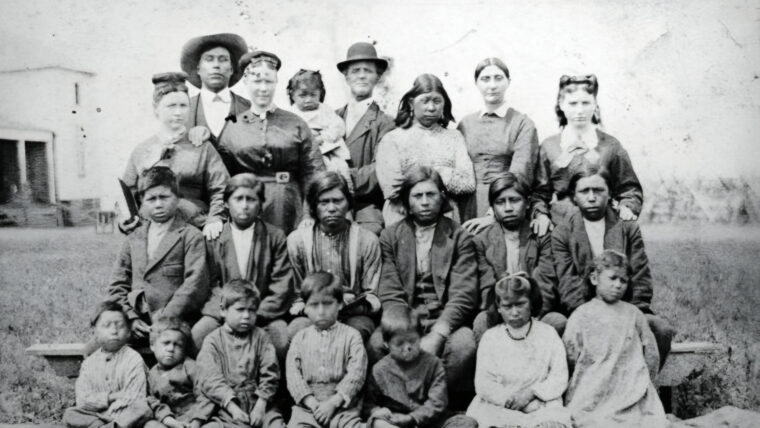
Civil War
While many Cherokee, Choctaw, and Chickasaw Indians threw in their lot with the Confederacy, fighting alongside southern troops at the Battle of Pea Ridge in March 1862, a more northern-based tribe—the Ottawa—chose to remain loyal to the Union, in the forlorn hope that its willingness to fight for the white men’s country would help preserve its increasingly imperiled way of life. Read more
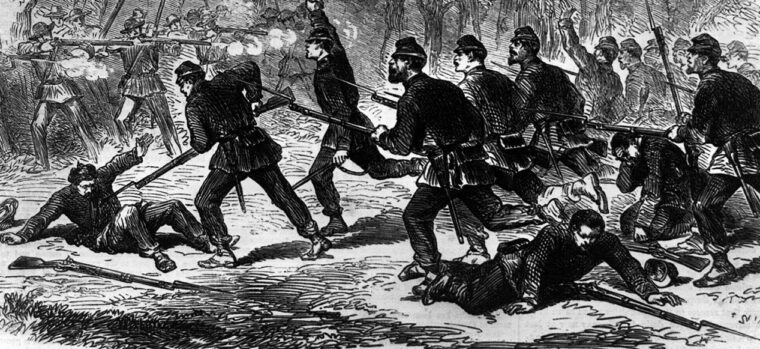
Civil War
The gray-clad Virginia infantry marched quickly through the woods. In the distance they could hear the familiar rattle of musketry signaling an encounter with the enemy. Read more
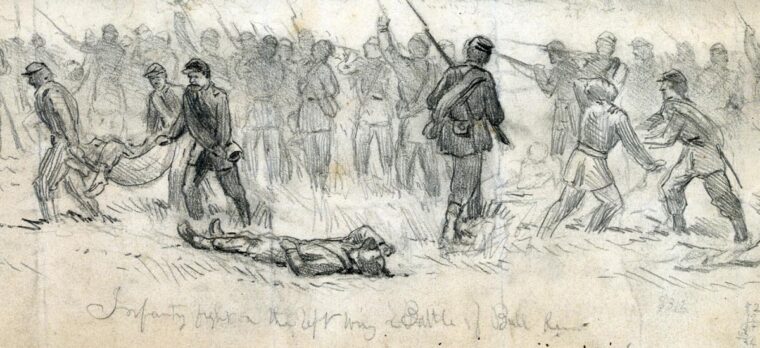
Civil War
The New Englanders crept forward through the thick woods toward the Rebel position at mid-afternoon. Trading volleys with the Confederates behind the natural trench afforded by the unfinished railroad line during the Battle of Second Manassas in summer 1862 had so far proved unsuccessful throughout the scorching hot summer day. Read more
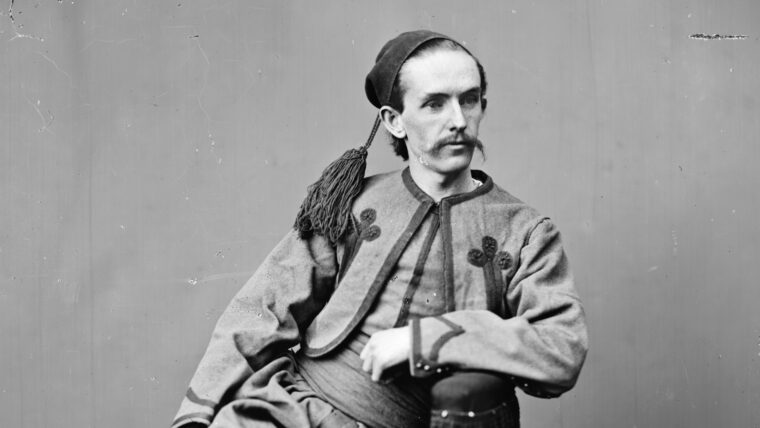
Civil War
On the evening of April 14, 1865, noted actor John Wilkes Booth entered Ford’s Theater in Washington, D.C., Read more
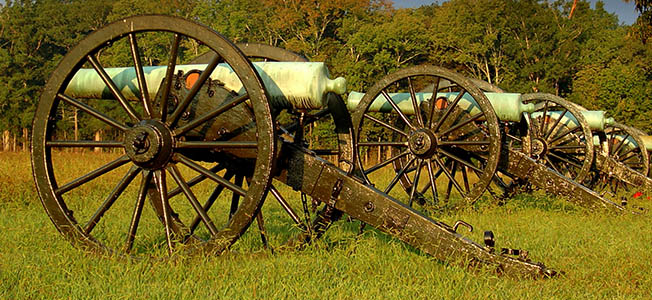
Civil War
Deep ranks of Federal troops moved steadily across the valley floor toward Missionary Ridge late in the afternoon on November 25, 1863. Read more
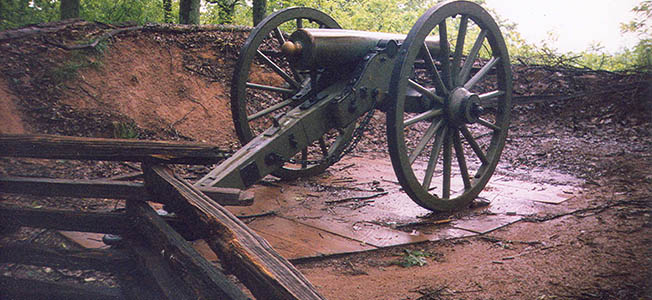
Civil War
Kennesaw Mountain was an alluring sight to General Joseph E. Johnston as he fell back from Allatoona Pass in mid-June 1864 toward the Confederate supply hub of Atlanta. Read more
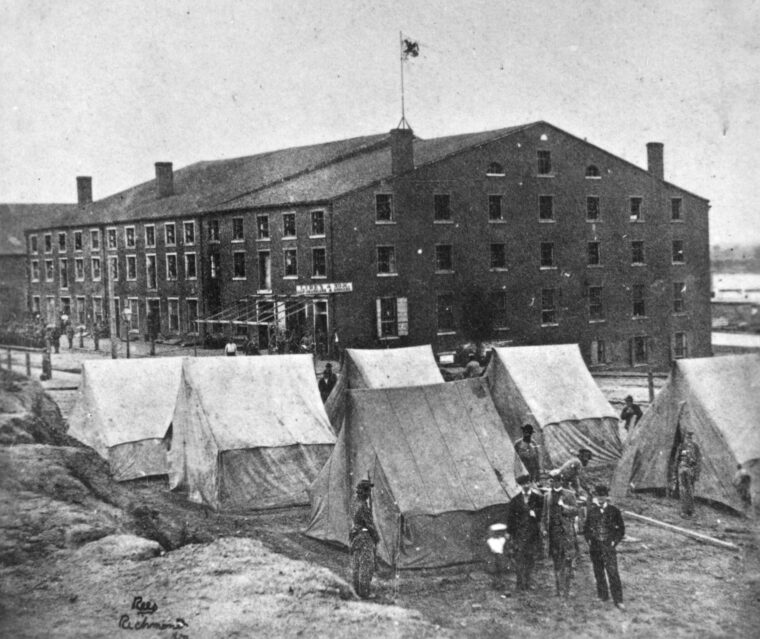
Civil War
One of the primary reasons given for the Union defeat at the First Battle of Bull Run was the lack of adequate cavalry. Read more
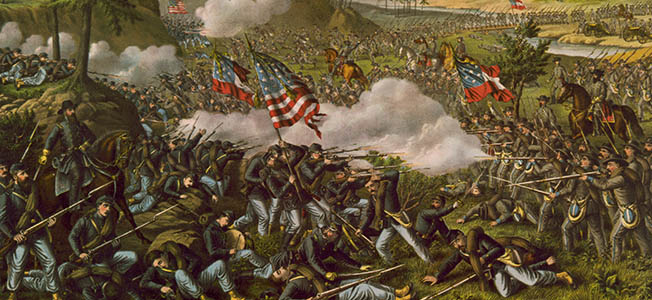
Civil War
An hour before the sun reached its zenith on September 20, 1863, on the second day of a hard-fought battle on a sluggish stream in the north Georgia woods, Union Brig. Read more
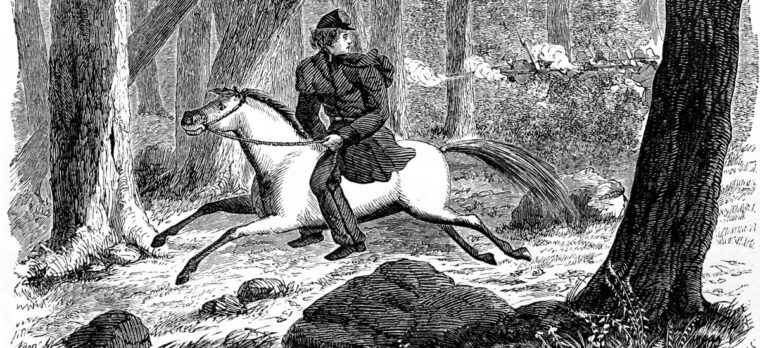
Civil War
On a warm morning in July 1861, the Union Army marched forth with bands playing and regimental flags flying. Read more
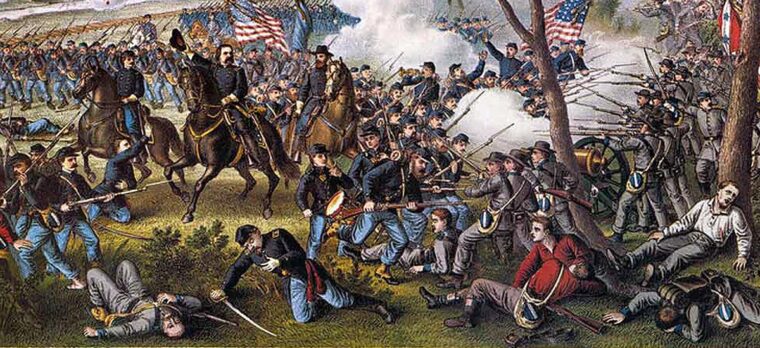
Civil War
The Battle of Champion’s Hill was a pivotal event in the American Civil War. Ulysses S. Grant would pursue the retreating Confederate army to an area 20 miles east of Vicksburg, bringing about the Siege of Vicksburg and the Confederates’ surrender. Read more
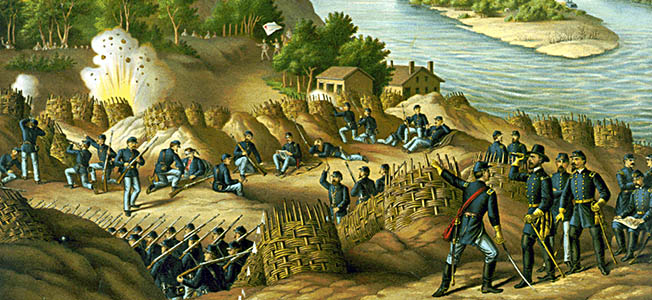
Civil War
The defenders of Vicksburg, clad in tattered uniforms, stood drenched in sweat at their posts on the morning of May 22, 1863. Read more